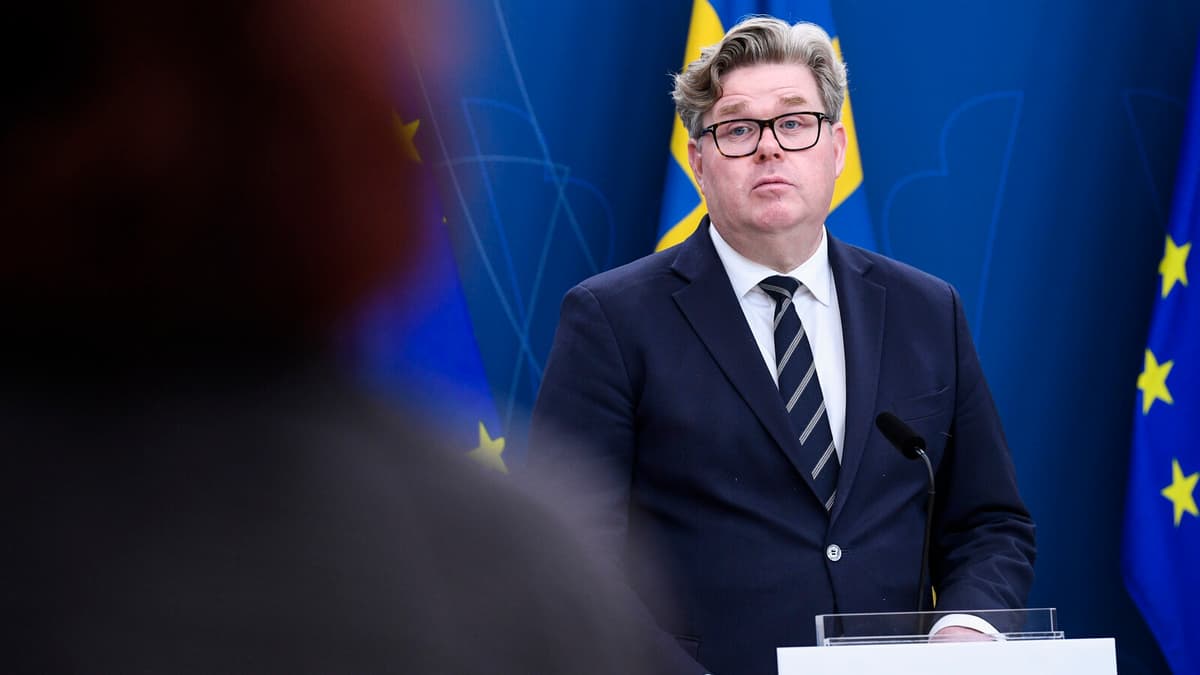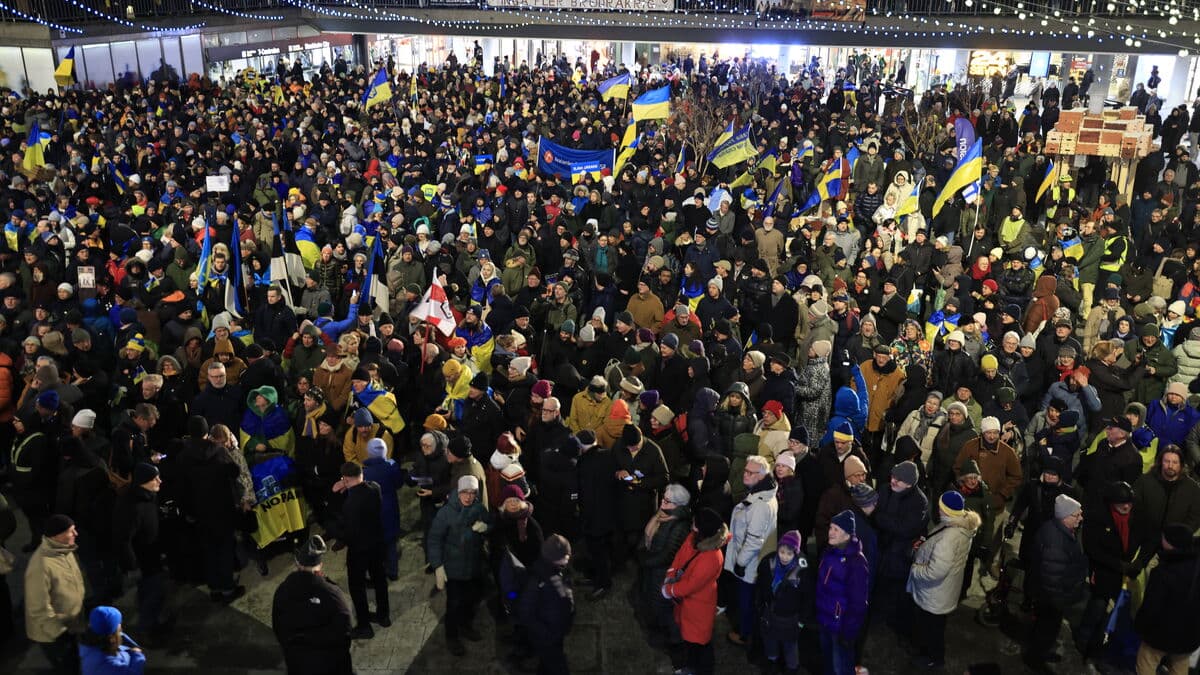Camera surveillance is a completely central tool for pushing back crime development in our society, says Minister of Justice Gunnar Strömmer (M) at a press conference where the government bill is presented.
He takes as an example that camera surveillance can be an asset when it is difficult to get witnesses to come forward. Camera images were also crucial for quickly apprehending the terrorist Rakhmat Akilov.
The proposal means that municipalities, regions, and authorities will no longer need to apply for permits from the Integrity Protection Authority (IMY) to conduct camera surveillance.
We know that the demand for these changes is very great, says Strömmer.
This means a significant simplification for several actors.
Personal Integrity
To assess whether the need for camera surveillance outweighs personal integrity, a balancing of interests must be made. Strömmer is not worried that, for example, municipalities do not have sufficient competence to make that assessment.
The investigator has not assessed that this poses major challenges, and we agree with that, he says.
How the supervision will be carried out is up to IMY. But Strömmer does not foresee that every decision will be reviewed.
We have an order in many areas where one has either worked with permits or with supervision. In that way, we work in a very established model for public administration.
More Places
For crime prevention authorities such as the police, which are already exempt from permit requirements, it will become easier to use camera surveillance and it will be allowed to take place in more locations.
Strategically selected locations will be able to be monitored to prevent crime – even if there is no risk of crime at that particular location. The same applies to locations where the police assess that there is a risk of serious crime in the future.
The police and Säpo will also be able to use technology that automatically recognizes registration numbers to a greater extent, according to the bill. The rules for camera surveillance from drones and, for example, civilian police cars are also being relaxed, and the requirement for when authorities such as the police need to inform about camera surveillance from civilian vehicles or drones is being lowered.
The law is proposed to come into force on May 1 next year. More proposals in the crime prevention area are on the way. In the spring, a proposal on automatic facial recognition will be presented.






